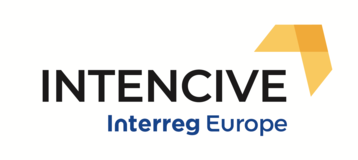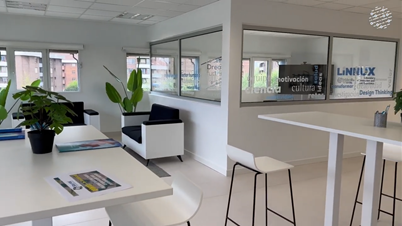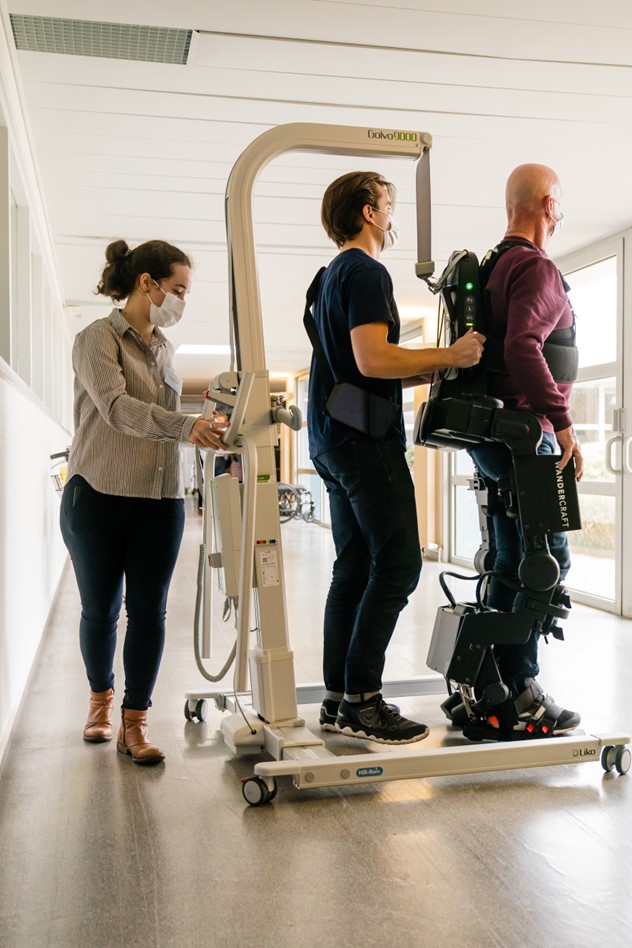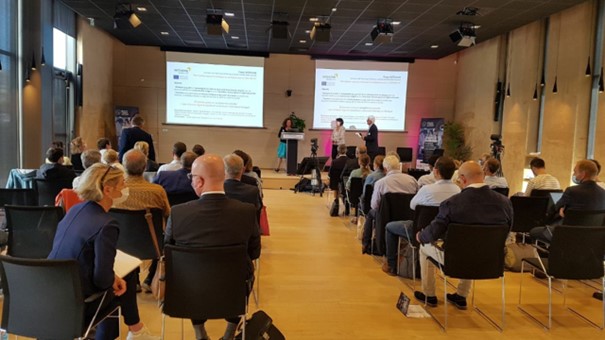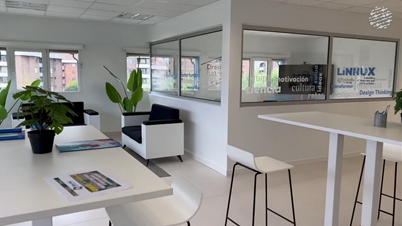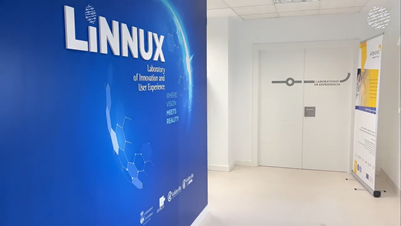INTENCIVE project workers identified ten Wellbeing Technology Good Practices from the region of South Ostrobothnia, Finland during the first semesters of the project. Selection and screening of Good Practices was done with the expertise found from the project group as well as with queries from stakeholders. Also, the process of selecting Good Practices was discussed during the first stakeholder meeting held in December 2019 in Seinäjoki.
All ten Good Practices went through the first customer group interview with the Bikva model. Due to the COVID-19 pandemic almost all interviews were made with videoconferencing. Number of persons in one group interview varied between 2 to 11 persons. Also, one interview was held one-to-one due to restrictions with equipment.
According to the modified Bikva model made by the external expert, second step of Bikva interviews involved employees, managers, professionals, and decision-makers. Project workers also involved stakeholders with a meeting in January 2021. Out of ten Good Practices, stakeholder group together with the project team, chose five to continue to the next round of Bikva interviews. General feedback from the other project partners also influenced the decision. Also, some of the Good Practices are not currently working as such anymore, therefore it was decided not to take them further at this point.
Five Good Practices went through also the second step of Bikva interviews. Second step interviews were carried out to following Good Practices:
• Memory and aging friendly South Ostrobothnia
• Showrooms to demonstrate technological solutions related to health and wellbeing
• Night-time distance monitoring
• Building of modern simulation learning environments and development of multiprofessional simulation‐based education for health and social care sector in South Ostrobothnia
• Video phone service as a part of elderly home care.
Overall, arranging the Bikva interviews has been a learning experience for the project workers who have indeed found interesting insights into the local Good Practices which they felt would have been unknown otherwise.
